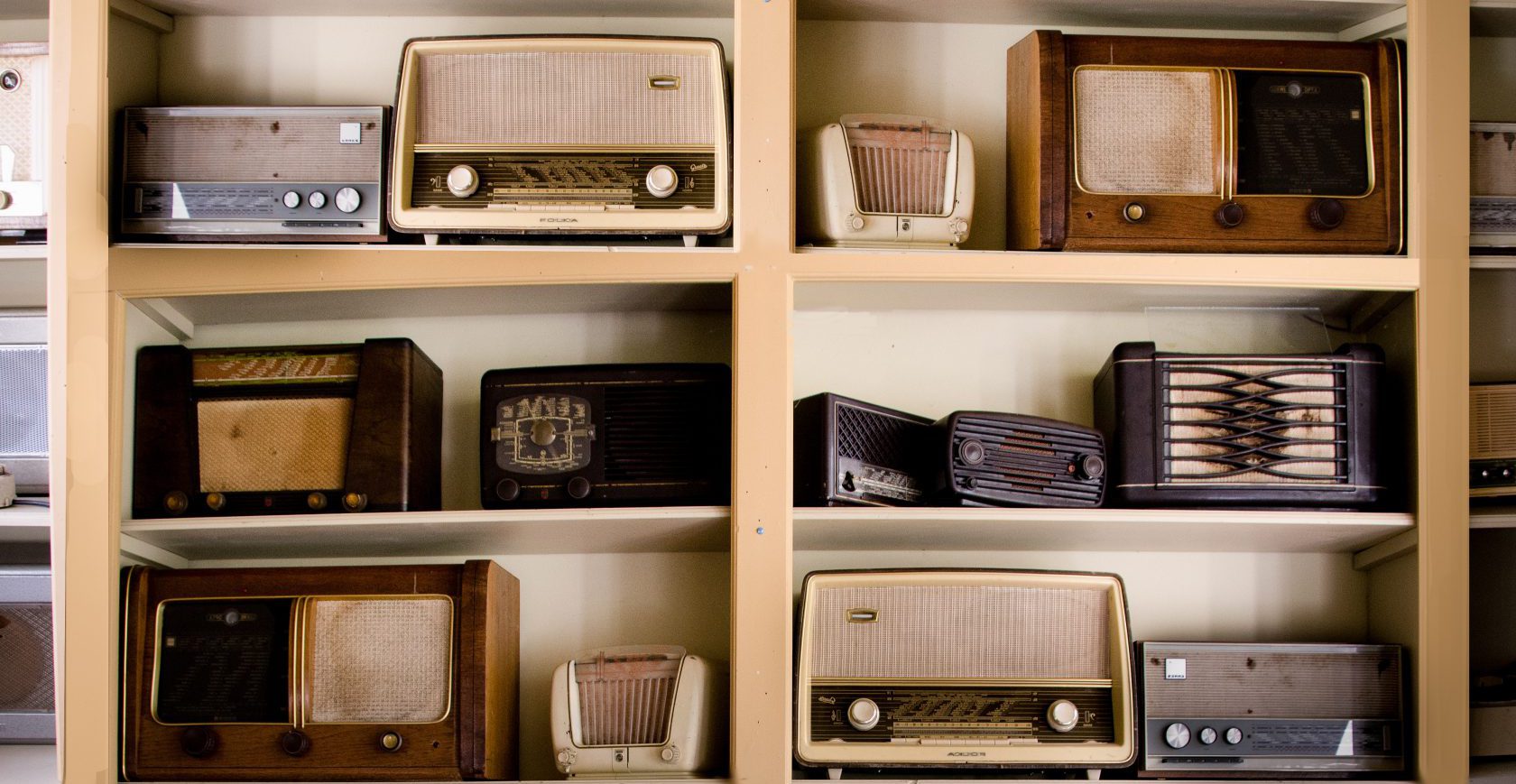
November 23, 2018, by Carla
12 Ways to Get Your Foot into the Radio Industry
By Nellie Khossousi, BSc Hons Economics (2018), now spending a year working as an English Language Assistant and learning French. Follow Nellie on Twitter and read about her experiences working as an English Language Assistant in France on her blog.
I’ve recently graduated and I am thinking of a career in the media industry. I’ve tried various ways to get my foot in the door and here’s what I’ve learned.
1. Join University Radio Nottingham (URN) and the Student Radio Association (SRA)
Our university is constantly voted the number one student radio station in the UK! We have three studios and opportunities to get involved in many different areas. It is great practice for the ‘real world’ and the place to make your mistakes.
Submit your work to the Student Radio Awards as they are prestigious and judged by people in the industry. You are also able to attend the National Student Radio Conference and regional training days (see number 4).
2. Join a local community station
You can help out in your local station during the holidays or find one in Nottingham. If you are short on time, offer to help out with their social media, give them new ideas to grow their online presence or help at one-off events. It is also a great way to keep up-to-date with what is happening in your local area.
3. Join a street team
A street team member works to promote the radio station on an ‘ad-hoc’ basis, usually working at events. I joined the KISS FM street team and it has been an amazing job. I work at festivals and gigs and get people excited to listen to KISS FM.
In Nottingham, Smooth East Midlands have a street team. Heart FM’s are called Heart Angels and Capital FM’s are called Street Stars. It is a great way to network, be the first to know about job vacancies and a way to ask for work experience. (KISS FM Street Team vacancies are usually advertised on www.GoThinkBig.co.uk)
4. Network!
This is very important! There are lots of ways to network effectively. You can attend talks by people in the industry. The SRA run many events throughout the year. You can also find someone who has a role similar to what you want and just politely ask to go for a coffee and ‘pick their brain’.
I got my street team job at KISS FM by taking my CV to a Bauer Media networking event through GoThinkBig. Be polite, ask lots of questions, be prepared and do your research beforehand.
5. Learn how to edit
You have a better chance of getting into radio if you are a ‘jack of all trades’. Edit audio on for example Adobe Audition and video on Adobe Premiere Pro or Final Cut Pro X. You can learn by joining URN or teaching yourself using YouTube.
6. Use social media to your advantage
Set up a LinkedIn and Twitter profile and follow radio influencers. Connect with people you meet, ask them for advice and share your work.
7. Create a demo
Add audio clips you have produced or presented on SoundCloud, Mixcloud or Audioboom.
8. Set up a podcast
These days, it is even easier to create and share your own content. You can record and edit audio on your phone easily and instantly.
9. Write a blog
Like a podcast, this shows your passion for a specific topic (can be anything). Blogging highlights your writing skills. You can also write for Impact Magazine or The Mic Magazine on campus.
Employers will be impressed. One reason I secured work experience at the BBC, was because I had volunteered as the music editor of youth magazine, The Cut, before university.
10. Visit radio stations abroad
It can be a lot of fun and easy to do. If you are going on holiday, see if there is a community station you can visit. I received the International Work Experience Grant from university and used some of the money to go to Australia and volunteer at their national, community and commercial stations there! This will really make you stand out.
11. Apply for work experience or shadowing
In Nottingham, apply for work experience at BBC Nottingham, Capital and Smooth East Midlands, Gem 106, or community stations. You can also ask if you can spend a few hours shadowing (observing).
12. Read newsletters
One great newsletter I use is Radio Job-o-tron by Matt Deegan who sends out the latest jobs in the industry. Another is James Cridland’s newsletter on international radio trends. And of course, the SRA newsletter.
Finally, do not give up! Research and be open to different roles. It is competitive, and you may not get a placement the first time you apply, but if you keep improving your skills independently, you will get there.
Interested in working in radio? Check out the job profile of a radio broadcast assistant on the Prospects website.
No comments yet, fill out a comment to be the first

Leave a Reply